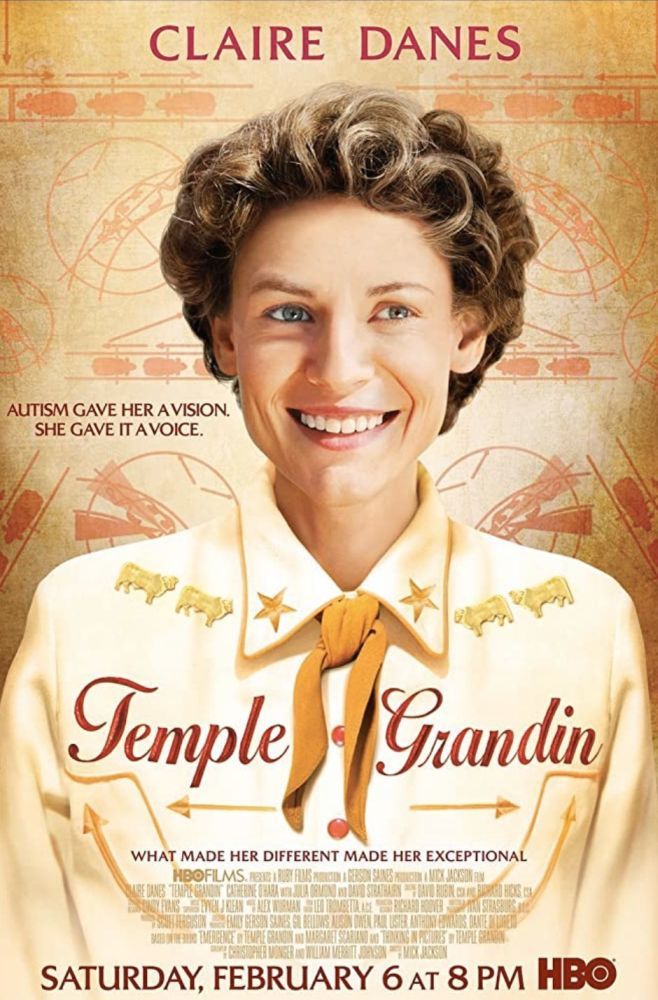Autism and Chess - Part 1
ASD stands for Autism Spectrum Disorder, a complex developmental condition that leads to challenges in social interaction, speech and nonverbal communication, and restricted or repetitive behaviors. People with autism or Asperger's often have special interests to which they apply themselves with great dedication. One such interest can be chess, and that provides opportunity and benefits – as described from personal experience by a young man with ASD. Illustration by Bobby Lopez
Introduction

The effects of ASD and the severity of symptoms vary, but autism is a lifelong condition. However, many children diagnosed with ASD go on to live independent, productive, and fulfilling lives. You can read all about ASD here – or watch the 2010 movie "Temple Grandin," one of the finest depictions of autism I have ever seen.
Recently I was in touch with a young man, 22 years old, who had Asperger's-Autism – and was interested in chess. I learned that he had a Windows notebook, which he operated expertly. For me this was a clarion call: I immediately instructed the office to make ChessBase, Mega, Fritz and a Fritztrainer available to him. The deal was that in return he would write an article for me describing what it is like to live with ASD, and whether chess was something that helped with social interactions that are normally so difficult. Also I wanted to know how he could use chess software to improve his intellectual skills.
A couple of months later I got an article that exceeded all expectations. The boy described his ASD condition openly and frankly, and how chess had become an important part of his daily life. Initially we were going to publish the article under his full name, but then decided otherwise. He explained the reason for this:
"I would like to use a pseudonym, not out of a feeling of shame or anything like that. But I do not know what consequences using my real name would have for me. I am currently in the process of gaining a foothold, professionally, and there is a lot that is still uncertain about my future. If I already had a job and knew what kind of employer, colleague, etc. I had, it would be different. I would probably have no compunctions about using my full name. But when seeking a job the employer will google me, and I don't want the main association with my name to be Asperger's and autism."
He decided to use the pseudonym Simon. So without further ado, here is part one of the article Simon sent me – Frederic Friedel.
Autism and Chess
By Simon
I am an Asperger's autist and have asked myself the question what is the connection between autism and especially Asperger's and chess. I would like to share my thoughts on this with you.
What does the term "Asperger's autist" mean? It is an autism spectrum disorder, though I don't like the word "disorder" at all, because of its negative connotations. Aspergers are people who often have many interests, whereby one or two of these interests usually stand out. They are called "special interests", and Aspergers tend to devote all their energy, passion and fascination to those areas. In my case my special interests are clearly defined: natural sciences and, surprise, surprise, chess.
Aspergers are often said to have difficulties in social interactions with others, and in the interpretation of gestures and facial expressions, i.e. interpersonal signals. I can confirm this, whereby I would like to emphasize that one Asperger is by no means like the other. For this reason I also like the saying: "If you know one Asperger, you don't really know any". We are all very different, just like people as a whole, and yet there are many similarities and character traits that are significant in the area of autism. Furthermore, it is often difficult for us to adjust to new and unknown situations, which often comes with stimulus satiation.
Enough of my little digression about us Asperger's-autistic people. In the following I would like to establish a causal connection between chess and Asperger's in order to be able to illustrate to what extent my "special effects" can be used to productively improve my chess, and how this is reflected in my games. So let us proceed to the heart of the matter...
There are studies in which a relationship between chess and autistic people has been established. For example, it is said that it is very good to use chess to train the social skills of autistic children. It encourages contact with others. They can decide, at their own pace, to what extent they will seek contact with others. In this way a gradual approach takes place, where they can adjust the level of interaction themselves. This ultimately leads to a widening of their circle of communication and, as a result, to the development of new friendships.
I can only agree with this and would also like to mention that it was initially anything but easy for me personally to get involved with new people in a new environment, one that was primarily characterized by chess interactions. After about a year I had gotten used to the people and the whole situation around chess, and I slowly but surely started to have fun.
I would like to briefly discuss the abilities that are influenced by autism, abilities I have noticed that make some things easier for me than for others. An important factor is retentiveness, which is usually highly developed in autists. It helps me to memorize long theoretical variations quite easily. And that, happily for me, is one of the key competences in chess. Furthermore the great passion that generally arises in any area of special interest. However, I have to admit here that I do not know to what extent this is induced by my autism.
One thing is for sure, namely that the so-called special interests of Asperger-autists certainly contribute to the fact that they will deal with any chess-based matter in a very meticulous, focused and in a very motivated way. For me, for example, this is expressed by the fact that I simply love to peruse chess books about openings, the middlegame, the endgame, chess culture in the form of biographies of world champions of the past and present, or the psychology of chess. I am also fascinated by the role of engines or generally artificial intelligence in chess. But also simply discussing chess topics with friends and acquaintances, or having such a nice time together playing blitz or bullet (mostly 1+0), is exactly to my taste. A quotation from Dr. Siegbert Tarrasch comes to mind: "Chess, like love, like music, has the ability to make people happy".
In short, I just love to, whenever possible, spend hours on chess, and do this for many reasons. It would be interesting to know if I would, to the same degree, be enthusiastic about chess if I didn't have Asperger's and the accompanying special abilities. Of course this is not possible, as I am aware. I assume that I would probably still be interested in chess, but I think one could speculate how great the fascination would be.
In any case, I strongly assume that it is an advantage or at least a favorable factor that my perceptive faculties are well developed. In chess this means that it is relatively easy for me to reason from one position to another. As an example take the very profane theme of suffocated mate. If I see a position which has a lot in common with the original position I remember, and the moves that led to mate, I can transfer my ideas from one position to the other position, quickly and surely. Seen in this way, it is a chess-related transfer. In short, I can state that I am good at recognizing the similarities of different positions with each other, and in the course of this I can quickly find solutions, because – and here again retentiveness comes into play – I can reliably retrieve similar positions and relevant motifs in front of the mind's eye. I am quite good at transferring ideas and plans from one position to another. I should mention that my way of observing things is part of my personality, and are of benefit to me in chess on the one hand, but also when it comes to studying scientific facts and phenomena.
I would like to give you an example of some situations that can be observed within the chess cosmos, in order to be able to open your eyes a little more to autism in chess. I have spoken about a high memorization ability, paired with a good power of perception and observation.
As you all know, there are many different structures in chess that are more or less characteristic of certain openings. Furthermore, in every structure decisively defined by the position of the pawns, there are typical ideas, plans and recurring moves (key moves). In my thoughts I can also get from one position to another quite well – by constantly recalling the relevant ideas, plans, characteristic moves, typical motives etc. from related positions. This enables me to get into the "consciousness" of a position in a short time, and ideally to really understand it, i.e. to know which structures are to be treated in what way, which variants are relevant, which pieces I should like to exchange, which ones I want to leave on the board, which short-term and long-term plans I can envisage, on which side of the board (queenside/center/king wing) I should be looking for play. In general the basic dynamic/static nature of positions.
I hope this short outline has properly described my view on the important connections between autism and chess. In the further course I will talk about my own experiences in tournaments, and shed some light on my recent use of chess software to nurture the basic skills that my condition has given me.
About the Author

Editor-in-Chief emeritus of the ChessBase News page. Studied Philosophy and Linguistics at the University of Hamburg and Oxford, graduating with a thesis on speech act theory and moral language. He started a university career but switched to science journalism, producing documentaries for German TV. In 1986 he co-founded ChessBase.


